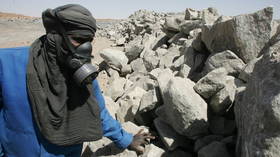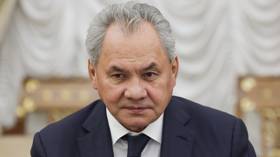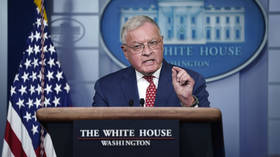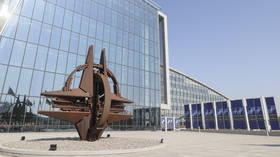Lenders must stop leveraging Africa’s resources for debt – AfDB

Loans offered to African governments in exchange for oil and other minerals are contributing to the continent’s crippling debt levels, President of the African Development Bank (AfDB), Akinwumi Adesina has warned.
Adesina, a Nigerian economist and banking expert, criticised the use of “asymmetrical” and “non-transparent” resource-backed loans in an interview published by Semafor Africa on Wednesday.
“I think it’s time for us to have debt transparency accountability and make sure that this whole thing of these opaque natural resource-backed loans actually ends, because it complicates the debt issue and the debt resolution issue,” he said.
According to Adesina, the continent’s external debt surged to $824 billion in 2021, with some countries allocating 65% of their GDP to debt servicing. It would spend a staggering $74 billion on payments for this year alone, a stark rise from $17 billion in 2010, he added.
A report published in 2020 by the Natural Resource Governance Institute (NRGI) on 52 resource-backed loans issued between 2004 and 2018 found that 30 facilities, totaling some $66 billion, had been allocated to sub-Saharan African nations.
It claimed that more than 50% of the funds had been borrowed from the China Development Bank and China Eximbank, with the rest provided by international commodity traders such as Glencore, Trafigura, and Standard Chartered, mainly to Chad, the Republic of the Congo, and South Sudan.
The president of the AfDB, which managed over $18 bn in assets, told Associated Press that the uneven nature of the negotiations, with lenders typically holding the upper hand and dictating terms to cash-strapped African nations, makes the loans “just bad.”
Adesina, however, said study into resource-linked loans has no “fixation” on one country being particularly susceptible to these types of lending agreements.













